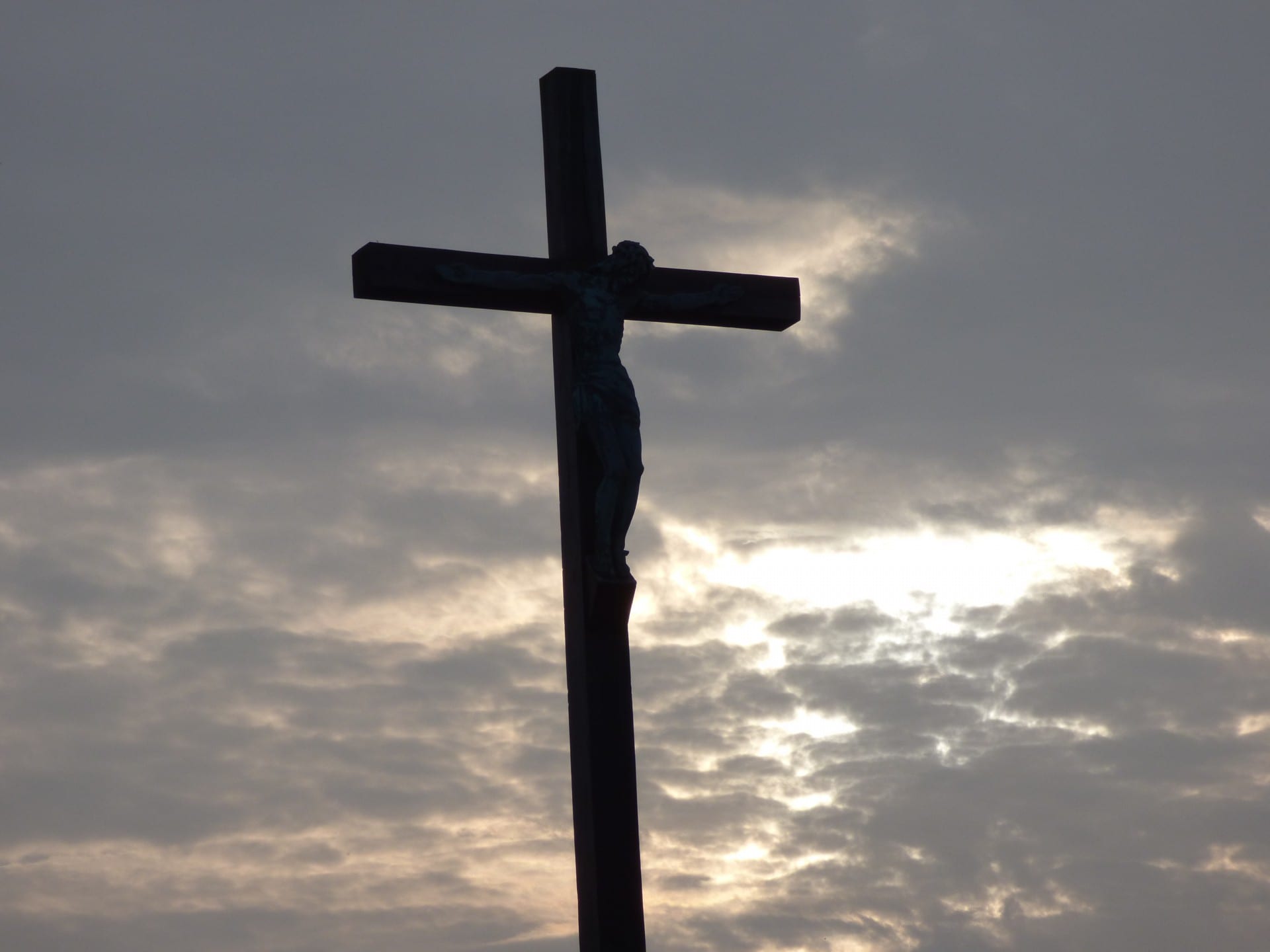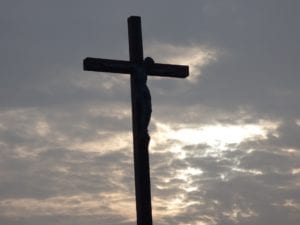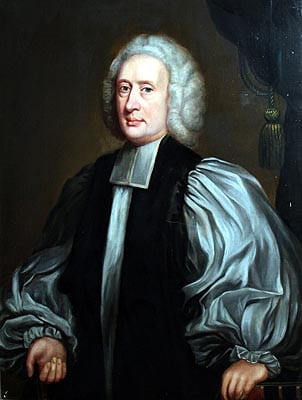“I may now add, that the evidences which had most to do with convincing me of the truth and divinity of Christianity, were the internal ones. I was influenced more by moral and spiritual, than by historical and
critical consideration. I do not think lightly of Paley’s works on the Evidences, or of Miall’s Bases of Belief, or of Dr. Hopkins’, of Dr. Channing’s, or Dr. Priestley’s Evidences of Christianity; but the Bible, and especially the story of Christ, was the principal instrument of my conversion. I believed first with my heart rather than my head. True, my head soon justified the belief of my heart: but my heart was first in the business. I believe in miracles; I think them of great importance. I believe especially in the miracles of Christ. But that which melted my heart; that which won my infinite admiration; that which filled me with unspeakable love and gratitude; that which made me a Christian and a Christian believer, was Christ himself. Even His miracles moved me more as expressions of His love, than as proofs of His power. The great things that overpowered me was the infinite excellency of Christ, and the wonderful adaptation of Christianity to the spiritual and moral, the social and physical, wants of mankind. Christ Himself is His own best advocate. His life and character are His strongest claims on our love and loyalty. And His religion, like the sun, is its own best evidence of its divinity.”
Joseph Barker, Modern Skepticism (Philadelphia: Smith, English & Co., 1874). p. 392




